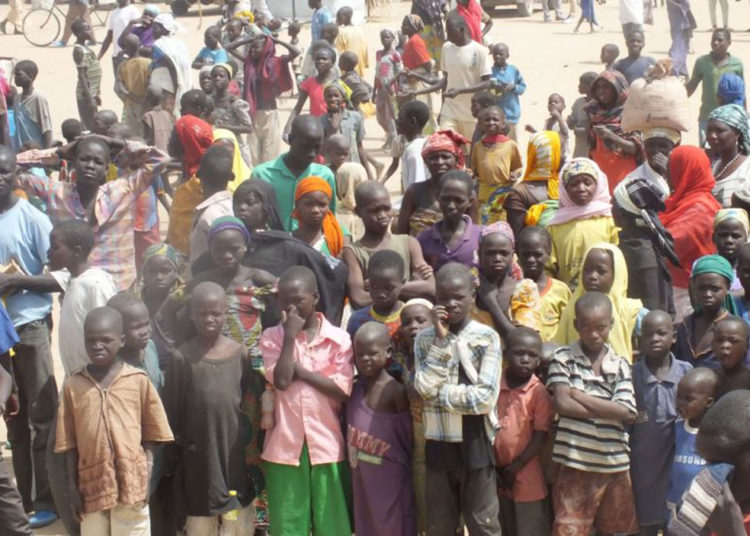The Directorate-General for European Civil Protection and Humanitarian Aid Operations (DG ECHO) has signed a new partnership agreement with the International Organization for Migration (IOM) to provide multisectoral humanitarian assistance in northern Nigeria.
According to a statement issued by the OM office in Abuja, this agreement is aimed at over 277,000 displaced persons, host community members and humanitarians in the North-East and North-West of Nigeria.
Over 14 years of ongoing conflict marked by violence and insecurity, continue to have profound effects on the lives and livelihoods of millions of individuals in Nigeria. As of 2023, more than 3 million people were displaced in the North-East, North-West and North-Central regions according to data from IOM’s Displacement Tracking Matrix (DTM).
The programme will directly benefit more than 277,000 people are directly targeted by the programme in Borno, Adamawa, Yobe, Kano, Kaduna, Katsina, Sokoto, Benue, Nasarawa, Zamfara, Plateau, Niger, Jigawa and Kogi States.
It is also expected for the programme to indirectly impact over 5,480 000 persons across the aforementioned states. The new programme contributes directly to IOM Crisis Response Plan 2024 for Nigeria.
Elsewhere in the country, intercommunal violence linked to dwindling access to land and natural resources is on the rise, forcing millions of people to flee their homes in search of safety, the statement said.
The situation is causing several protection threats to the population, such as internal displacement, (forced) family separation, death and injury. Women, (unaccompanied) children and persons with disabilities are especially vulnerable to severe human rights violations and lack capacities and resources to cope, recover and adapt to the adverse impacts of their displacement, the statement added.
The new IOM-ECHO programme will continue to support Federal and State actors in providing multisectoral life-saving assistance to internally displaced persons, returnees and host communities, and enable humanitarian partners to plan and implement their humanitarian activities.
“The needs of the affected populations are complex and require a comprehensive and coordinated approach from all humanitarian actors”, IOM Chief of Mission in Nigeria Laurent de Boeck, said.
“We are grateful to the EU and its Member States for their generous support to the IOM humanitarian response in Nigeria. With our colleagues in the field, side by side with the population, we remain committed to providing life-saving assistance and protection to the most vulnerable people, while also supporting their recovery and resilience in the long term”, he added.









